Responsible gambling: it's about more than money
Our mission at Casino.org is to keep you safe while you enjoy gambling online. We want you to have the best experiences at the top casinos available in Canada. What we don’t want is for your play to get out of control, and for gambling to have a negative impact on you and your life. To help you gamble responsibly, we’ve put together some useful tools, information, tips and resources below.
Keeping you safe - Casino.org’s commitment
If you play for fun and within your means, we know that gambling is a safe and enjoyable form of entertainment. That's why Casino.org is committed to keeping you safe online, both from dangerous sites and from dangerous betting behaviors.
To help you stay in control of your play, we thoroughly check all of the casinos listed on our site with our 25-step reviews process. You can also use the range of help guides we've created for a variety of game types to keep you informed. The more knowledge you have, the better your decisions will be, and the safer your gambling will be.
However, we understand that even with safety measures in place addiction and problem gambling can develop and lead to a range of serious issues. If you think you might be at risk of developing a gaming or betting problem, all of the information listed below can lead you to the information and support you need to get help.
What is responsible gambling?
Responsible gambling is essentially a way you can gamble for fun, but with measures in place to safeguard you from potentially developing a problem with gambling addiction.
It helps you keep in control of your play by setting and define your limits. This in turn helps you prevent financial and mental strain as a result of your play. As you are playing for fun and within a budget, you can afford to lose the money you've wagered if things don't go your way.
If your play stops becoming fun, however, and if you are experiencing a loss of control, feelings of depression, a strain on your finances, lying about how much you play, chasing losses, or generally having bad gaming experiences, you are showing signs of gambling addiction and should get help immediately if this is the case.
Casino reality check
Ever wondered how much you can trust online casinos? We’ve examined the biggest online gambling myths for you. Plus, see how welcome bonuses really work.
Read more7 tips for responsible gambling in Canada
However you like to play, whether that's online, via your mobile device, in person at a casino or bingo hall or wherever else you gamble, our tips listed below will help lower your risk of developing a gambling problem.
- 1
Set a budget and stick to it
Budgeting properly is one of the most important things you can do when it comes to responsible gambling. Take a look at your income and expenses, and use that information to decide how much you are happy to spend and potentially lose on gambling each week or month. Stick to that limit. - 2
Don't chase your losses
Never try to win back your losses by gambling more. This is a guaranteed way to lose even more money. If you've followed the above advice on budgeting, stick to that budget. You should only ever gamble with money you can afford to lose. - 3
Take breaks from gambling
If you are gambling more than you intended, or feel stressed or anxious about how much you are spending, take a break. Taking a few days or even a week off from gambling to clear your head and resetting your gambling habits will be a big help to both your mental health and finances.If taking a break does not help then you need to consider using gambling exclusion services to keep yourself safe. In situations like this, seeking professional advice is also recommended. - 4
Be aware of the odds
You should always be aware of the odds when you are gambling. The odds are always stacked against you, so don't expect to win every time you gamble. Our truth about sports betting and truth about slots guides gives you a more detailed breakdown on how odds work and the risks of losing when you play, helping you make smarter choices and gamble more responsibly as a result. - 5
Don't gamble when you are emotional
Never gamble when you are angry, sad, or stressed. This can lead to you making bad and risky decisions, which can lead to big problems very quickly. If you aren't feeling like your normal self, you should wait until you have calmed down and refocused before you gamble. - 6
Do not gamble when you are under the influence of alcohol or other substances
Alcohol, prescription medication, and recreational drugs (whether legal or not) alter your state of mind, putting you at risk of making bad decisions. This is a big problem when it comes to gambling as you should always be fully aware and capable of making smart choices when you play. Always give yourself enough time to recover after taking any substance before you start to gamble. - 7
Get help if you are struggling
If you can't cope with your current gambling habits, there is no shame in getting help. There are plenty resources available, all of them judgement free. In most countries or provinces with legalized gambling, there are a range organizations and services offering support to anyone who has, or is at risk of developing, a gambling problem.
If you are finding the above tips difficult to follow, that may be a warning sign for gambling addiction. We recommend taking a free self-assessment test from a responsible gambling service to check your behaviours and risks of developing a problem.
- Truth about sports betting
- Find out the impact of luck on sports results, as well as learning how much truth there really is in the theories surrounding sports betting.
- Truth about slots
- Find out the truth about slots, featuring the affect a house edge can have have on your bank balance and the perils of a hobby becoming an addiction.
- Health effects
- Learn more about the signs of gambling addiction, and how you can help yourself or a loved one who might be struggling.
- Contacts for addiction
- Looking for gambling addiction help? Here we’ve recommended some of the best websites and helpline numbers to support those affected by problem gambling.
9 signs of problem gambling in yourself and loved ones
The truth about gambling addiction is that it can happen to anyone. This is especially if someone doesn't gamble responsibly. If you, your friend, or a family member, enjoys gambling and you are worried about any problems developing, our list below should help you spot potential signs and symptoms:
- 1Preoccupation with gambling. The person may talk about gambling constantly, or spend a lot of time thinking about it. They may also plan their day around gambling, or make excuses to go gambling.
- 2Needing to gamble with increasing amounts of money to get the same thrill. This is known as tolerance. The person may start out gambling with small amounts of money, but over time they will need to gamble more and more, often with larger amounts, to get the same excitement.
- 3Trying to control, cut back, or stop gambling, without success. The person may try to quit gambling, but they will find it very difficult to do so. They might promise themselves or others that they will stop gambling, but they will eventually break these promises.
- 4Feeling restless or irritable when they try to cut down on gambling. This is a sign of withdrawal. When a person stops gambling, they may experience physical and emotional symptoms, such as anxiety, depression, and irritability.
- 5Gambling to escape problems or relieve feelings of helplessness, guilt, anxiety, or depression. The person may gamble as a way to cope with difficult emotions or situations. They may feel like gambling is the only way to escape their problems.
- 6Chasing losses. This is when the person gambles more money in an attempt to win back money they have already lost. This is a very destructive cycle, as it often leads to even greater losses.
- 7Lying to family members or others to hide the extent of their gambling. The person may lie about how much they are gambling, how much money they have lost, or where they have been. They may also try to hide their gambling from others by gambling online or at casinos that are far away.
- 8Risking or losing important relationships, a job, or school or work opportunities because of gambling. The person's gambling may start to interfere with their work, school, or relationships. They may miss work or school, or they may neglect their relationships in order to gamble.
- 9Asking others to bail them out of financial trouble because they gambled money away. The person may borrow money from friends, family, or even strangers to cover their gambling losses. They may also max out their credit cards or take out loans to gamble.
What to do if you think someone has a problem with gambling
If you are worried that a friend or family member might be developing, or already has, a gambling problem based on the list above, it is important to talk to them about it.
Avoid being confrontational where possible. Approach the subject from a place of understanding, offering your support and help in finding resources and services that can provide the care they need.
If you recognize the signs in yourself, it’s important to get help immediately. Some of the types of resources you can turn to based on personal preference and location include:
- Gambling addiction treatment programs: These programs can provide you with the support and treatment you need to overcome your addiction.
- Gambling hotlines: These hotlines can provide you with information and support about problem gambling.
- Gambling counseling services: These services can help you understand your gambling behavior and develop strategies to manage it.
- Gambling support groups: These groups can provide you with support from people who understand what you're going through.
Read more
Getting professional help with gambling addiction in Canada
Self-exclusion and blocking tools are vital when it comes to battling and controlling gambling addiction. However, another big part of responsible gambling is seeking professional help and support from experts trained to identify problem gambling and suggest treatment options tailored to your needs.
To help you make the first step in finding help, we’ve teamed up with addiction specialists Aaron Sternlicht, LMHC, CASAC and Lin Anderson, LMHC, M.A., Ed.M., to create an expert guide to gambling addiction. While it's not a replacement for talking to someone in person or over the phone, this guide should support you on your way to getting the in-person professional help and advice you need.
When you are ready for more tailored advice and to speak to someone in person about your struggles, most countries with regulated gambling industries have a wide range of help and support options available. Canada is no different in this regard, and there are a wide range of helplines and professional counselling services on offer at both national and provincial level.
To help you find the support you need, we’ve listed some of the most useful resources below:
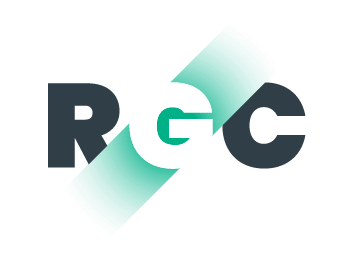
Responsible Gambling Council (RGC)
Responsible Gambling Council Canada (RGC) is a non-profit organization that works to reduce gambling risks through innovation, awareness, and improved safeguards. They offer a variety of resources for gamblers and their loved ones, including information on responsible gambling, help for problem gamblers, and training for gambling industry professionals. While they don’t offer therapy or services themselves, they work to put you in touch with people who do.
- Website: https://www.responsiblegambling.org/
- Social media: Facebook, Twitter, Instagram, LinkedIn
- Phone: +1 (416) 499-9800
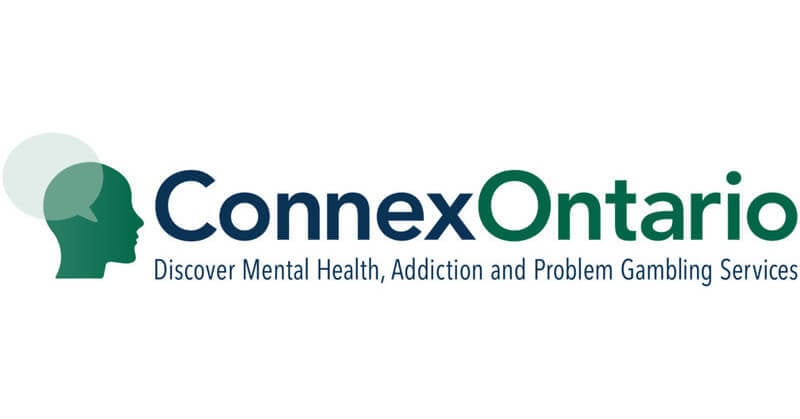
ConnexOntario
ConnexOntario is a government-funded organization that provides support to people who are struggling with gambling problems in Ontario. They offer a variety of services, including individual and group counseling, financial assistance, and referrals to other resources.
- Website: https://www.connexontario.ca/en-ca/
- Social media: Facebook, Twitter, Instagram, LinkedIn
- Phone: 1-866-531-2600
- Other options: Live chat, Email

Gambling Therapy at Gordon Moody
Gambling Therapy provided by Gordon Moody is an online, global, and multi-language resource for people who are struggling with gambling problems. They offer a variety of tools and resources, including self-assessments, therapy resources, and a forum where people can connect with others who are also struggling with gambling problems.
- Website: https://www.gamblingtherapy.org/
- Social media: Twitter
- Email: support@gamblingtherapy.org
- Other options: Support groups, Forum, Contact form
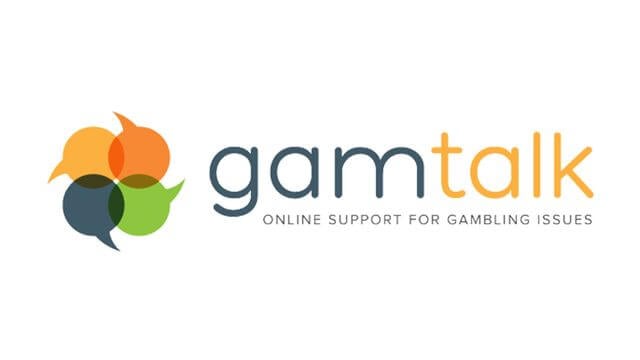
Gamtalk
Gamtalk is an online, community led resource for people who are struggling with gambling problems. They offer information on responsible gambling, interviews with experts, and stories from people who have overcome gambling problems, with community based features and chat options.
- Website: https://www.gamtalk.org/
- Chat: https://www.gamtalk.org/online-chat/
- Other options: Community support wall
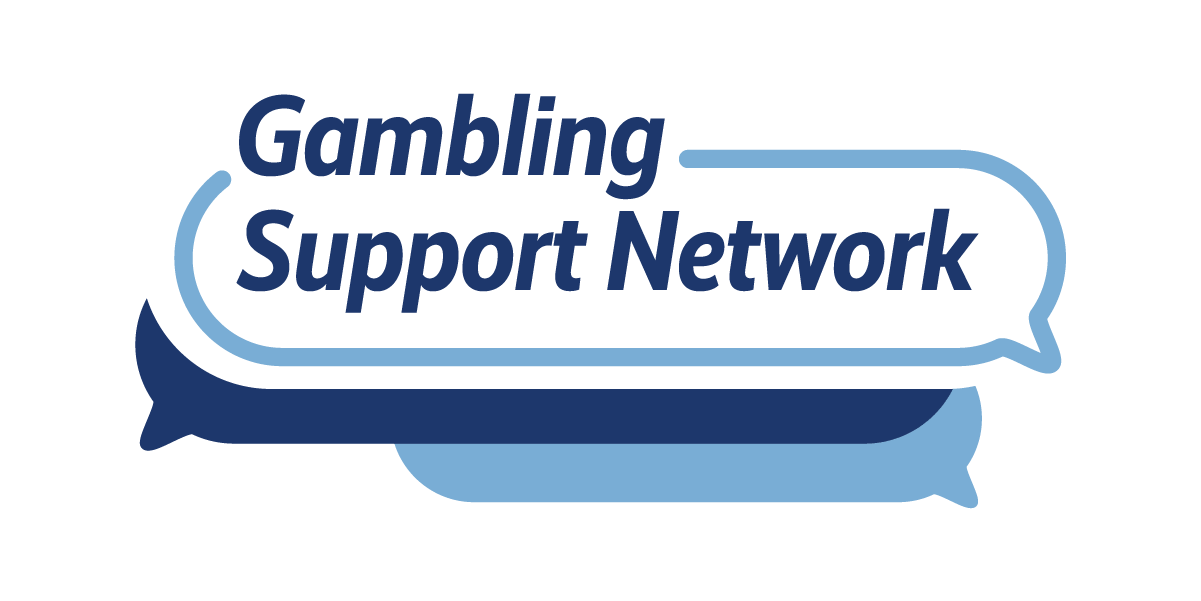
Gambling Support Network
Gambling Support Network is a bilingual national organization that provides support to people who are struggling with gambling problems. They offer a variety of services, including individual and group counseling, financial assistance, and referrals to other resources.
- Website: https://gamblingsupportnetwork.ca/
- Phone: 1-888-347-8888
- Text: Send ‘GSN’ to 1-902-700-7702
- Other options: Chat, Self-assessment tool, Additional support
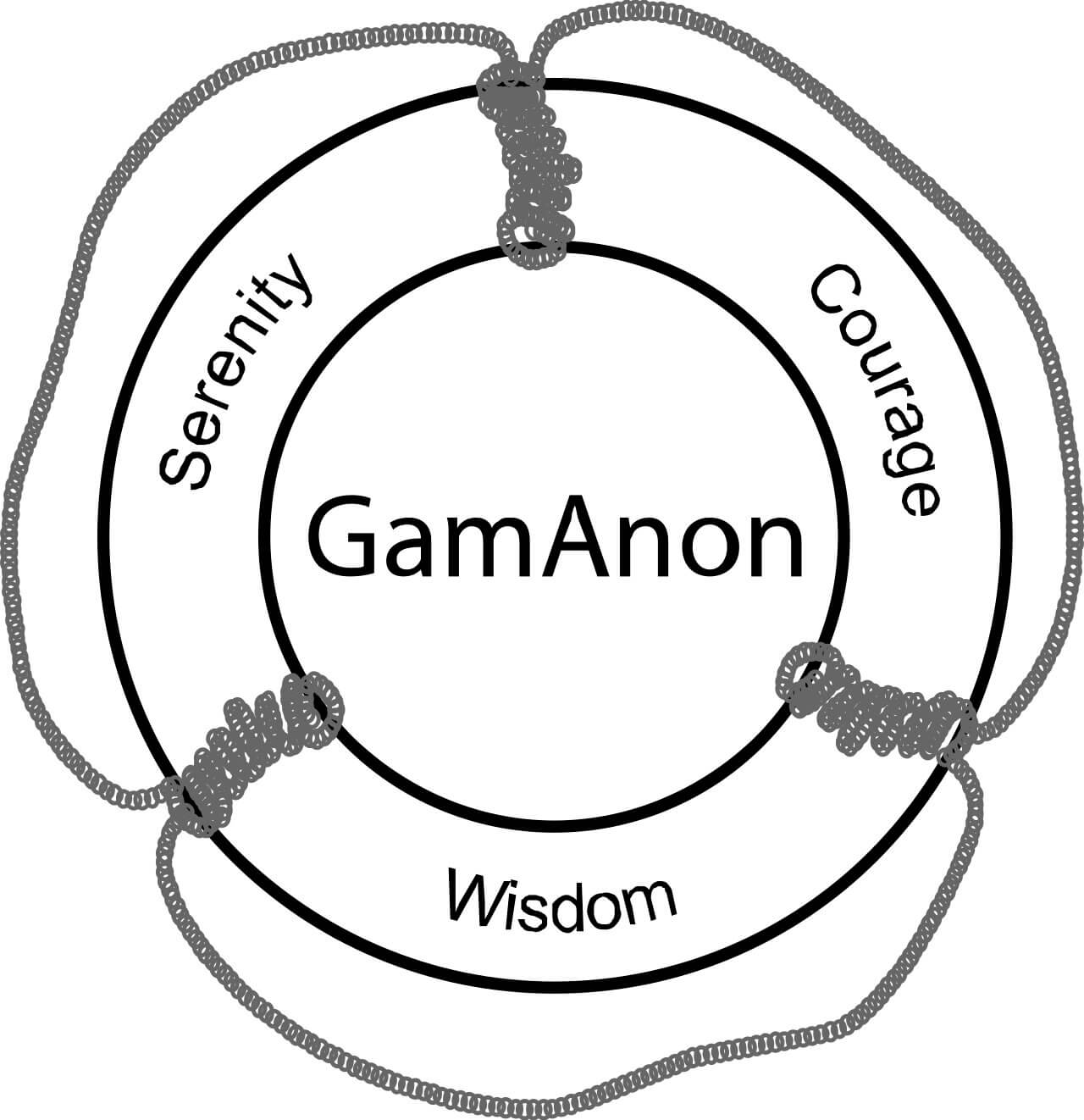
Gam-Anon
Gam-Anon is a support group for the friends and family members of problem gamblers. They offer a safe and confidential space for people to share their experiences and get support from others who understand what they are going through.
- Website: https://www.gam-anon.org/index.php
- Email: gamanonoffice@gam-anon.org
- Phone: 718-352-1671
- Other options: Canada meeting directory
Gamblers Anonymous
Gamblers Anonymous has been supporting those struggling with gambling addiction since their first meeting in Los Angeles, California, in 1957. Their internationally renowned program offers a variety of resources, including meetings, phone support, and virtual support.
- Website: https://gamblersanonymous.org/ga/
- Support options: Virtual meetings, Phone meetings, International meetings, Self-assessment
Protecting children from gambling in Canada
While it is illegal for children to gamble in Canada, it’s important to teach them about gambling and how to keep themselves safe while they are young. This will help them gamble responsibly in the future if they decide to do when reaching the legal gambling age. If you’re unsure how to start the conversation, and what you can do to protect them generally, we’ve created a list of suggestions for you to consider below:
- Talk to your children about gambling. Explain to them what gambling is, and why it can be both a fun and enjoyable pastime while also potentially being harmful. Talk to them about the risks of gambling, such as losing money, getting into debt, and developing a gambling addiction.
- Set a good example. If you gamble, make sure that you do so responsibly. Don't gamble more than you can afford to lose, and don't let gambling interfere with your work, school, or relationships. Always prioritise the needs of your child over any gambling related activity.
- Monitor your children's online activity. Be aware of the websites that your children are visiting, and the games that they are playing. Many online games now include gambling elements, and it's important to be aware of these so that you can talk to your children about them.
- Talk to your children about the dangers of loot boxes. Related to monitoring online activity, it’s important to address loot boxes in video games. These are a type of in-game purchase that gives players a random chance of winning a prize. Loot boxes have been linked to gambling addiction, and it's important to talk to your children about the risks before they start buying them.
- Teach your children about financial responsibility. Help them to understand the value of money, and how to make wise financial decisions. This will help them to avoid getting into debt, and to make better choices about gambling.
- Use blocking tools to add a layer of protection. Using tools such as NetNanny (where available) to block potentially harmful sites from being accessed by children is a great way to help protect kids from problem gambling. While the industry is regulated and most markets have legal minimum age requirements for gambling, unregulated and unsafe sites exist. By installing blocking tools you can keep your child from accessing these sites in the first place.
- Be supportive. If you are concerned that your child may be at risk of developing, or have already developed, a gambling problem, be supportive and offer your help. There are many resources available to help children and families who are struggling with gambling problems and can be a big help when dealing with the issue.
- Stay informed. You should always take it upon yourself to know the status of gambling in your province. Some provinces have higher legal minimum ages for gambling than others, for example, and some types of games might be legal in one province but not in another. Keeping yourself updated on what's legal in your province means you can pass on accurate information to your child to keep them safe.
You need extra protection? Use self-exclusion and blocking tools
Once someone has developed an addiction, unfortunately, there’s no real “cure” - you can only manage the problem.
To help you keep on top of things, there are a range of self-exclusion tools and blocking-software options available to install on your desktop, laptop, and mobile devices as a key part of responsible gambling.
These tools can stop you registering with a new casino or sports betting site, and prevent you from accessing existing accounts if you’re already registered. Blocking software should prevent your device from being able to visit gambling sites completely.
The best tools and software can also provide support to anyone struggling with gambling addiction. Some offer access to resources such as counseling and financial assistance. This can help people to overcome their addiction and rebuild their lives.
If you or someone you know is struggling with gambling addiction, there are many reputable resources available to help. You can talk to a doctor, a therapist, or a gambling addiction support organization to get the help you need.
If you need help, please check the list of some of the most highly recommended self-exclusion, blocking tools, and general support options below.
Remember: it’s vital to find the service that works best for you:
Gambling website blocking tools Canada
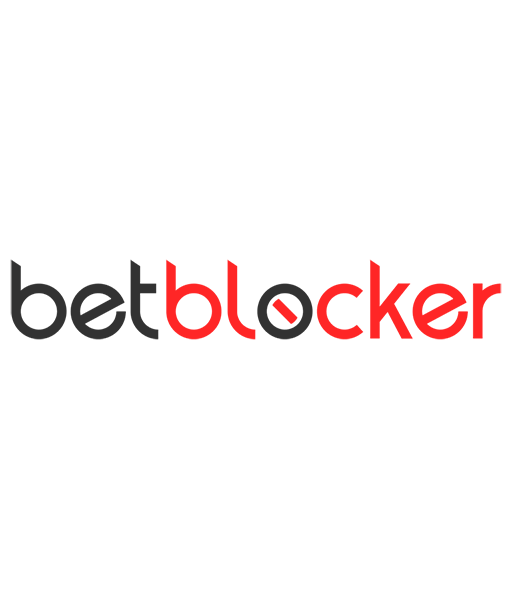
BetBlocker
Visit siteA UK-based app that is available free for everyone, everywhere, BetBlocker stops you accessing gambling websites full stop. It can be used anonymously, takes only a couple of minutes to install, runs quietly in the background, and prevents access to over 85,400 gambling websites.

Gamban
Visit siteAnother UK-based service, Gamban provides international coverage and automatically adds new gambling websites and apps to the block list. While it's not a free service, the price plans are reasonable with the choice between a monthly and annual subscription based on your needs. It's also important to note that Gamban can't be used to block gambling commercials, financial investment sites, adult content, sports statistics platforms, or loot boxes, but it is compatible across Android, iOS, Windows, and Mac devices.

GamBlock
Visit siteGamBlock is a pricey but strong option when it comes to blocking gambling websites in Canada. You can't get around it with VPNs or Tor, and it blocks both websites and apps on mobile devices - even surviving factory resets of devices. If you can afford the cost and want a permanent option, GamBlock is worth considering.
Gambling self-exclusion options across Canada
- Alberta: Alberta Gaming, Liquor and Cannabis (AGLC) currently runs a self-exclusion program which lets you exclude yourself from all Alberta casinos, racing entertainment centres, PlayAlberta.ca. You can also call the 24-hour, toll-free Alberta Health Services Addiction Helpline at 1-866-332-2322.
- British Columbia: Operated by GameSense, British Columbia's self exclusion program called 'Game Break' can block your access to gambling facilities and websites for six month, one year, two years, or three years. You can call the confidential Gambling Support BC line 24/7, toll free, at 1-888-795-6111.
- Manitoba: The voluntary self-exclusion serivce in Manitoba is run by PlayNow.com in combination with GameSense. You'll need to create an account at PlayNow.com and complete the self-exclusion option to join their 'Game Break' program.
- Ontario: Ontarians can make use of My PlayBreak operated by Ontario Lottery and Gaming Corporation (OLG). You can also contact the OLG Support Centre at 1‑800‑387‑0098 for further information and support.
- New Bunswick: New Brunswickers looking to self-exclude from gambling can do so through the Responsible Gambling Information Centre (RGIC), which is funded by the New Brunswick Lotteries and Gaming Corporation (NBLGC). Located in Casino New Brunswick, office hours are open to visit from 2pm to midnight, 7 days a week, or you can call them on 506-861-4699.
- Nova Scotia: Nova Scotia has a dedicated voluntary self-exclusion program aimed at stopping people from playing at Casino Nova Scotia sites in Halifax and Sydney. You can access the service through the Responsible Gambling Resource Centre (Halifax – 902-424-8663 or Sydney – 902-563-3797) or the Alcohol, Gaming, Fuel and Tobacco Division of Service Nova Scotia. Lottery players can also self exclude through the Atlantic Lottery.
- Prince Edward Island: Players looking to restrict their gambling through self exclusion in Prince Edward Islands can do so through PlayWise at Red Shores. Once you've self-excluded, if you are found to be in a Red Shores casino, you will be escorted out and time be added onto your initial self-exclusion period, making it a good choice for anyone struggling with in-person gambling. If you need more information about this program, you can call them on 1-855-255-4255.
- Québec: Loto-Québec's voluntary self-exclusion program covers both land based and online gambling, with bilingual support available. You can opt-in to the program in person by making an appointment for any of their dedicated problem gambling centres, or through customer services. You might also receive a call from Gambling: Help and Referral (GHR) to get more support and resources if you want them.
- Saskatchewan: Saskatchewan Indian Gaming Authority (SIGA) offers a voluntary self-exclusion program for anyone who thinks they need to take break from gambling. To join the program, you need to request to do so at one of their locations. You cannot enroll someone else into the program. You can also enroll at SIGA's central office at 103 Aspen Place, Saskatoon (appointment only).
- Northwest Territories, Nunavut, and Yukon: Unfortunately, there are currently no specific self-exclusion programs for these regions. There are toll free gambling helplines available for anyone living in these provinces however. Northwest Territories can call the General Help Line on 1-800-661-0844, Nunavut residents can dial 1-800-265-3333, while those living in Yukon can use the Mental Wellness and Substance Use Services number 1-866-456-3838.
Finding financial support for responsible gambling in Canada
Due to the partial legalization of gambling across Canada, there is not quite so much help and support on offer for problem gambling from banks as there is in other markets.
While there are national and provincial level options for finding general gambling addiction support, for financial support direct from your bank, the options are limited in most places.
If you want to prevent gambling by blocking transactions from your bank accounts, the best option is to check with your preferred bank directly regarding their stance and policies on responsible gambling.
You can also check with the Responsible Gambling Council for help as they provide support on a range of issues related to gambling addiction on both a national and a state level, including on managing your finances.
FAQs
What is problem gambling?
Am I at risk of gambling addiction?
What is responsible gambling?
Can responsible gambling help me keep track of my spending?
Is there an app I can use to fight problem gambling?
Can I spot signs of gambling addiction easily?
Should I teach my children about responsible gambling?
As a gambling fan, Jemma brings a forensic approach to her reviews, digging into the data behind the numbers. Her primary focus is on the Canadian market, where she's committed to ensuring everyone has a secure and enjoyable gambling experience. With her expertise, Jemma is all about enhancing the entertainment and safety of the online casino world.